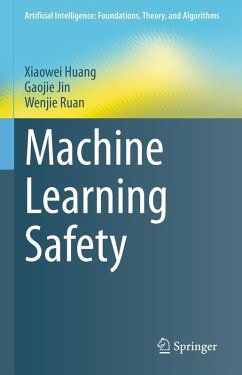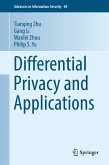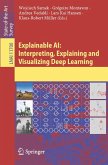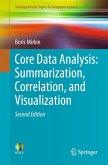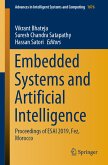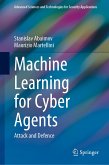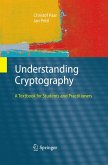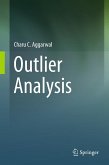Machine learning algorithms allow computers to learn without being explicitly programmed. Their application is now spreading to highly sophisticated tasks across multiple domains, such as medical diagnostics or fully autonomous vehicles. While this development holds great potential, it also raises new safety concerns, as machine learning has many specificities that make its behaviour prediction and assessment very different from that for explicitly programmed software systems. This book addresses the main safety concerns with regard to machine learning, including its susceptibility to environmental noise and adversarial attacks. Such vulnerabilities have become a major roadblock to the deployment of machine learning in safety-critical applications. The book presents up-to-date techniques for adversarial attacks, which are used to assess the vulnerabilities of machine learning models; formal verification, which is used to determine if a trained machine learning model is free of vulnerabilities; and adversarial training, which is used to enhance the training process and reduce vulnerabilities.
The book aims to improve readers' awareness of the potential safety issues regarding machine learning models. In addition, it includes up-to-date techniques for dealing with these issues, equipping readers with not only technical knowledge but also hands-on practical skills.
Dieser Download kann aus rechtlichen Gründen nur mit Rechnungsadresse in A, B, BG, CY, CZ, D, DK, EW, E, FIN, F, GR, HR, H, IRL, I, LT, L, LR, M, NL, PL, P, R, S, SLO, SK ausgeliefert werden.

